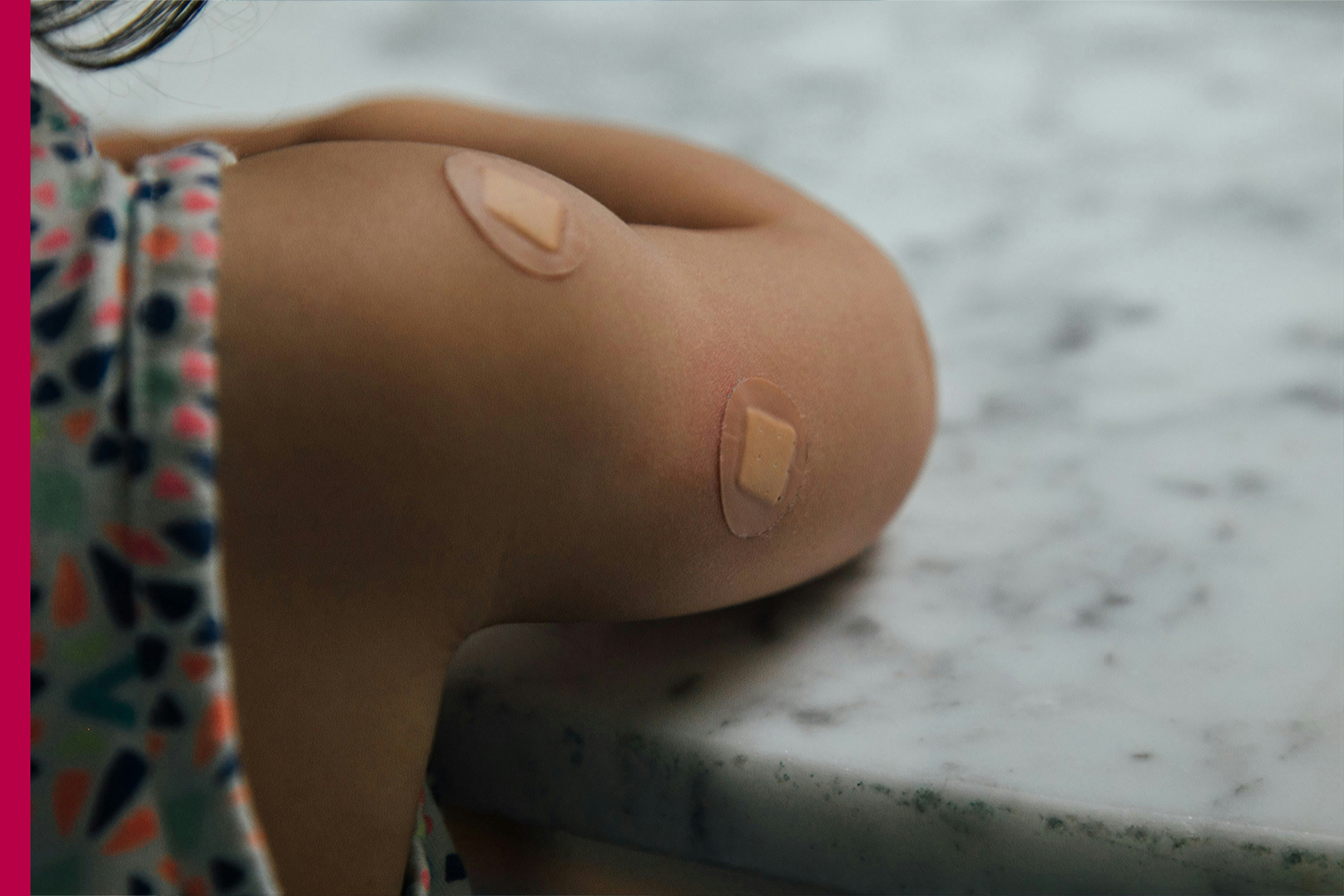Vaccinations are one of the most effective public health interventions in history, saving millions of lives worldwide each year. Childhood immunization protects children from serious and potentially life-threatening diseases, supporting their healthy growth and development. Understanding the importance, schedule, and benefits of vaccines helps parents make informed decisions and ensures the well-being of the next generation.
What Are Childhood Vaccinations?
Childhood vaccinations are preventive medical treatments that stimulate the immune system to recognize and fight specific pathogens. By introducing a weakened or inactivated form of a virus or bacteria, vaccines prepare the body to respond effectively if exposed in the future. Vaccines protect not only individual children but also communities through herd immunity, reducing the spread of contagious diseases.
Key Vaccines for Children
Some of the most common and essential vaccines include:
DTP (Diphtheria, Tetanus, and Pertussis): Protects against respiratory infections and serious bacterial diseases.
Polio Vaccine: Prevents poliomyelitis, which can cause paralysis.
MMR (Measles, Mumps, Rubella): Guards against highly contagious viral infections.
Hepatitis B Vaccine: Protects the liver from viral infection and long-term complications.
Varicella (Chickenpox) Vaccine: Prevents severe cases of chickenpox.
Hib (Haemophilic influenzae type b): Protects against meningitis and pneumonia.
Pneumococcal Vaccine: Reduces the risk of pneumonia, meningitis, and bloodstream infections.
Rotavirus Vaccine: Protects against severe diarrhoea and dehydration in infants.
Healthcare providers follow age-appropriate immunization schedules to ensure optimal protection. Vaccines may be given at birth, during infancy, early childhood, and before entering school.
Benefits of Childhood Immunization
Prevents Serious Illnesses: Vaccines protect children from potentially fatal diseases such as polio, measles, and meningitis.
Reduces Hospitalization and Medical Costs: Preventing disease reduces the need for hospital visits, treatments, and long-term care.
Promotes Healthy Development: Healthy children are more likely to attend school regularly, engage in social activities, and achieve milestones.
Protects Communities: Widespread immunization creates herd immunity, protecting those who cannot be vaccinated due to medical reason
Supports Global Health Goals: Vaccination programs reduce mortality rates and help eliminate diseases globally.
Addressing Common Concerns
Despite the proven benefits, some parents worry about vaccine safety. It’s important to know:
Vaccines are thoroughly tested: They undergo rigorous trials and continuous monitoring for safety and effectiveness.
Side effects are usually mild: Temporary soreness, mild fever, or fatigue is common, while serious reactions are rare.
Vaccines are essential for long-term health: Delaying or skipping vaccines increases the risk of preventable diseases.
Parents are encouraged to consult with paediatricians or qualified healthcare providers to discuss vaccination schedules, potential side effects, and any concerns specific to their child’s health.
Supporting Childhood Immunization
Follow Recommended Schedules: Keep track of vaccination appointments and complete the full course for each vaccine.
Educate Families and Communities: Awareness campaigns help combat misinformation and encourage vaccination.
Maintain Health Records: Accurate records ensure timely vaccinations and monitoring of any side effects.
Promote Healthy Lifestyle: Adequate nutrition and hygiene complement the protective effects of vaccines.
Final Thoughts
Childhood vaccinations are a cornerstone of public health and individual well-being. They protect children from serious diseases, reduce healthcare costs, and strengthen communities by preventing outbreaks. By understanding the importance of vaccines, following recommended immunization schedules, and addressing concerns responsibly, parents can ensure that their children grow up healthy, resilient, and ready to thrive. Immunization is more than a medical procedure it is an investment in the future, safeguarding the lives of children and generations to come.












